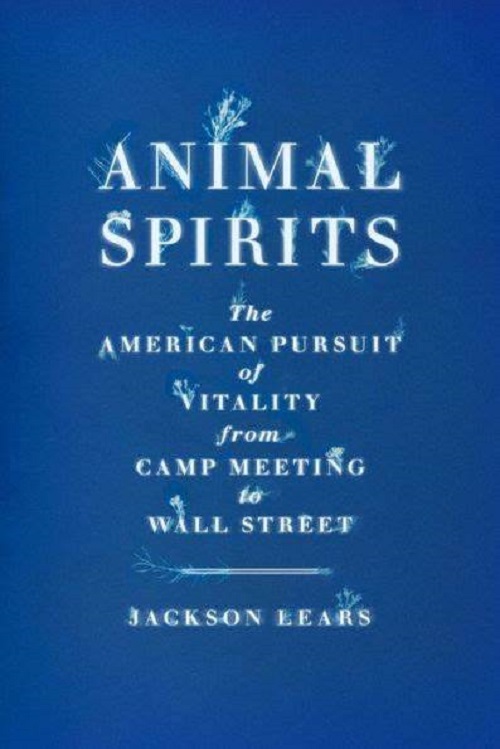Animal Spirits: The American Pursuit of Vitality from Camp Meeting to Wall Street

MHS Event
Jackson Lears, Rutgers University
This is a hybrid event. FREE for MHS Members. $10 per person fee (in person). No charge for virtual attendees or Card to Culture participants (EBT, WIC, and ConnectorCare). The in-person reception starts at 5:30 and the program will begin at 6:00.
In Animal Spirits, historian Jackson Lears explores an alternative American cultural history by tracking the thinkers who championed the individual’s spontaneous energies and the idea of a living universe against the strictures of conventional religion, business, and politics. From Puritan times to today, Lears traces ideas and fads such as hypnosis and faith healing from the pulpit and stock exchange to the streets and the betting table. We meet prophets of American vitality, from Walt Whitman and William James to Andrew Jackson Davis and the “New Thought” pioneer Helen Wilmans. Well before John Maynard Keynes stressed the reliance of capitalism on investors’ “animal spirits,” these vernacular vitalists established an American religion of embodied mind that also suited the needs of the marketplace. In the twentieth century, the vitalist impulse would be enlisted in projects of violent and racially charged national regeneration by Theodore Roosevelt and his legatees, even as African American writers confronted the paradoxes of primitivism, and the 1960s counterculture imagined new ways of inspiriting the universe.
Hybrid Event
The in-person reception starts at 5:30 and the program will begin at 6:00.
Masks are optional for this event.
The virtual program begins at 6:00 PM and will be hosted on the video conference platform, Zoom. Registrants will receive a confirmation message with attendance information.
